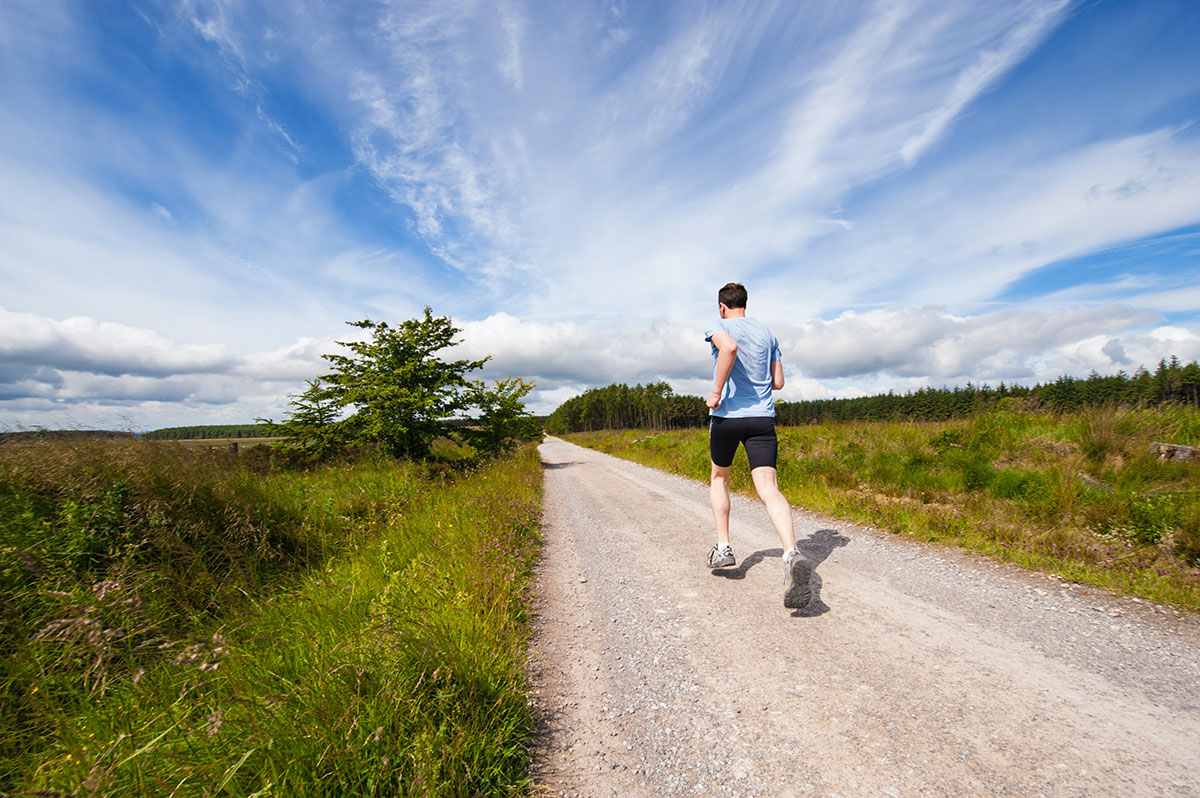Bret Moore suggests that we pay more attention to the maintenance of our cars than we do to our own bodies. Most of us wouldn’t miss a service on our vehicles as we’ve spent a lot of money on them and we rely on them to get us around. Yet, our lives are of infinitely more value than a car and we rely on our bodies to get us through this journey of life – a journey that outlives our cars. Anxiety is encouraged to flourish when we don’t maintain our own lives. There are some very practical basic things we can do manage anxiety.
One of the most important things we can do to maintain our own system is to get enough good quality sleep. In our culture of 24-hour connectedness, this can be difficult for both us and our children. Sleep experts seem to agree on one point, we shouldn’t use our screens at all in bed and we do well to turn them all off a couple of hours before going to bed. Another helpful tip is to deal with any stress leftover from the day before going to bed. They also suggest we should have a set time to both go to bed and wake up, and stick to it every day.
The food we eat and the drinks we consume may contribute to anxiety. We are all individuals and different food additives and foods may affect us differently. Caffeine can mimic some symptoms of panic and is contained in coffee, chocolate, soft drinks, tea and some medications. Our individuality means it’s not possible to say how much is okay, but it’s not difficult to experiment and vary the foods we consume. Some people use alcohol to self-medicate for anxiety. While this may be effective in the short term, ultimately it worsens anxiety.
Exercise is one of the oldest forms of anxiety management. It has proven to be effective in reducing anxiety and is known to promote a sense of well-being. One valuable thing we can do is to be mindful of what’s happening in our bodies here and now. We’ve all heard that we should stop or slow down and smell the roses. Ask ourselves, “What am I feeling right now? Where do I feel it? Why might I be feeling this way?” I may be feeling edgy as I’m driving. I can ignore it, but it only seems to get worse and then I start feeling anxious. A better way is to examine it. Stop, take some slow deep breaths, relax tense muscles and ask myself “What’s been going on in my life? Did I get a bad night’s sleep last night? Have I drunk four cups of coffee today, when I would normally have one and only eaten junk food? Have I sat in front of a computer all day?” If all of those are true, rather than worrying about why I’m feeling anxious, I could be more compassionate to myself and say, “it’s no wonder I’m feeling so tense”, and then look at ways to avoid that in the future.
Next week, in our final look at anxiety, we’ll look at some steps we can take in our personal environment to reduce it.
Bret A Moore, Taking Control of Anxiety: Small Steps for Getting the Best of Worry, Stress and Fear. APA, 2014.






